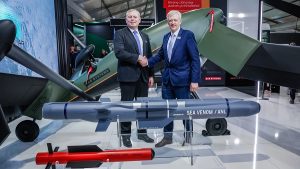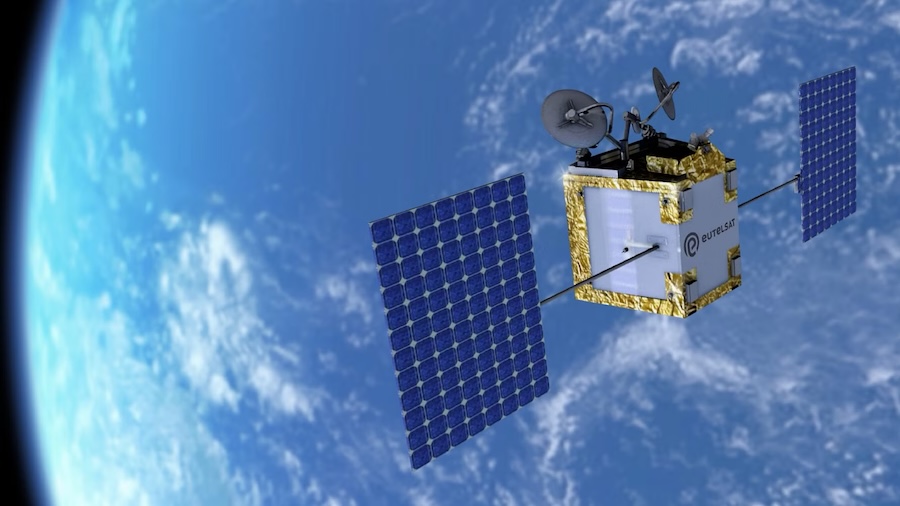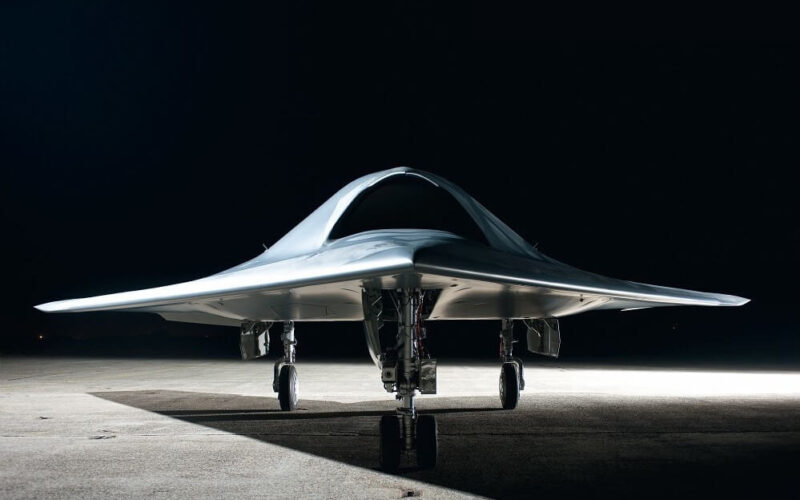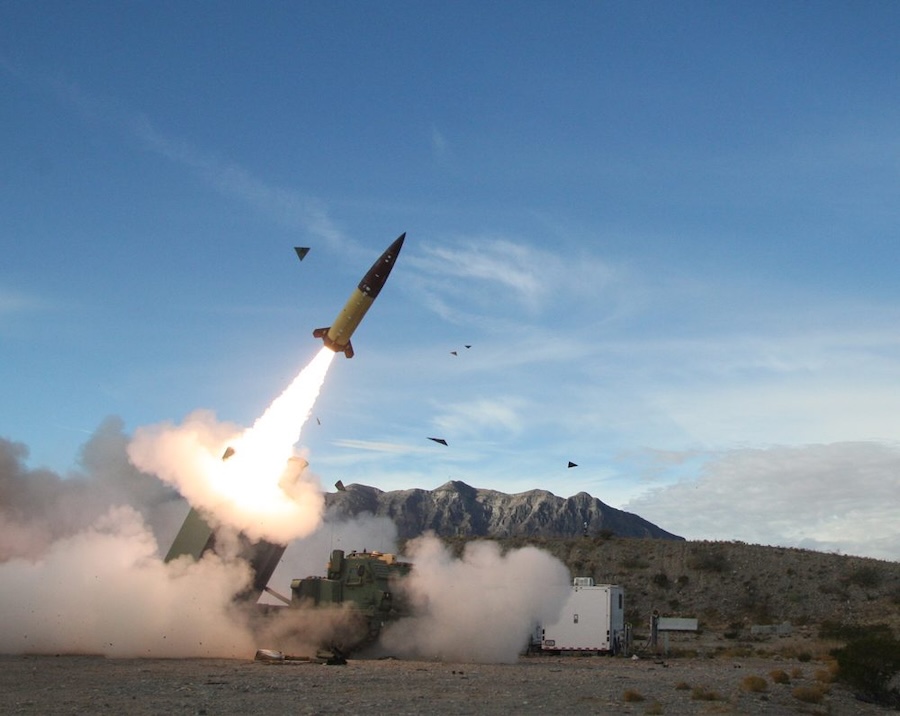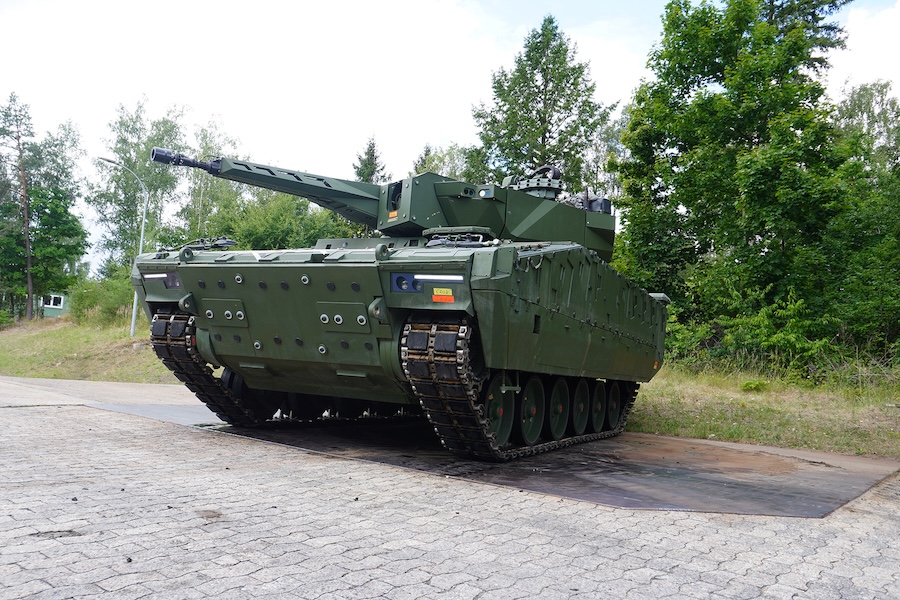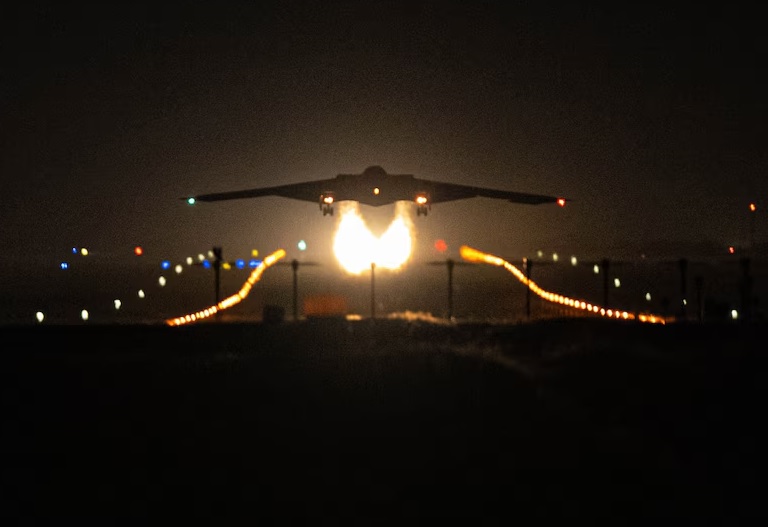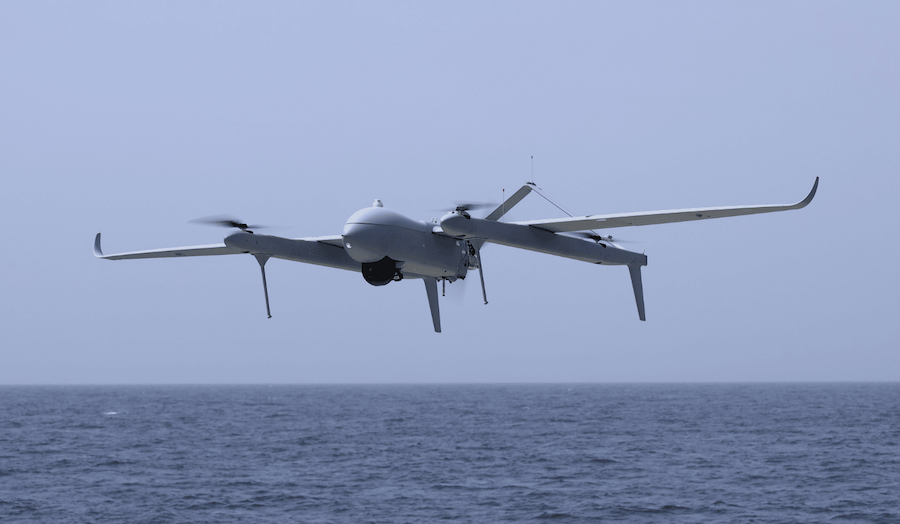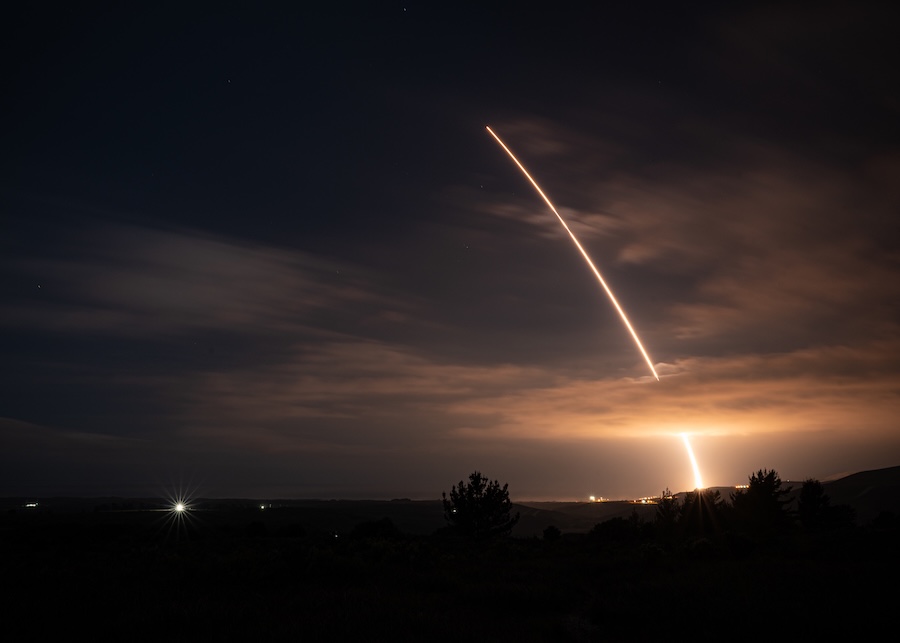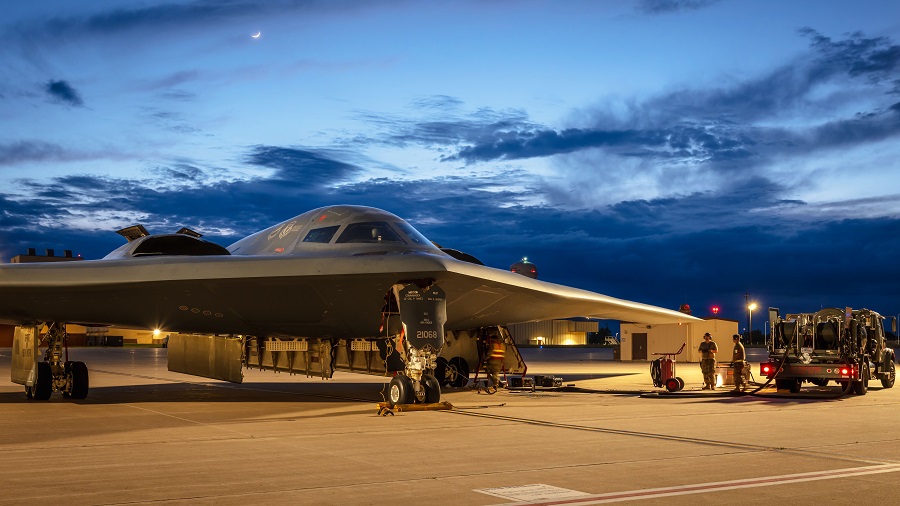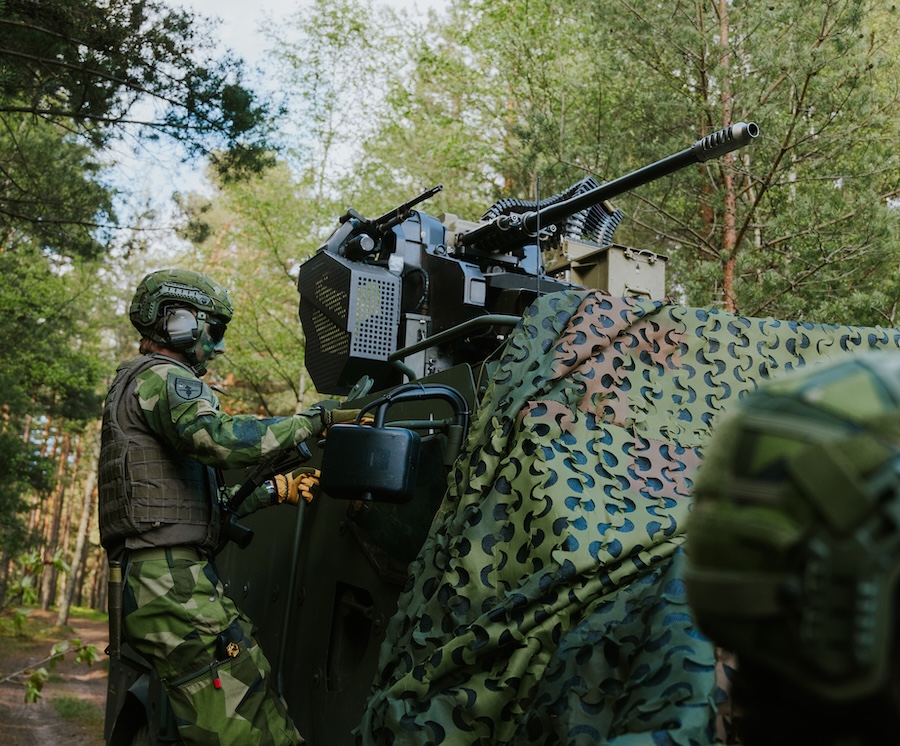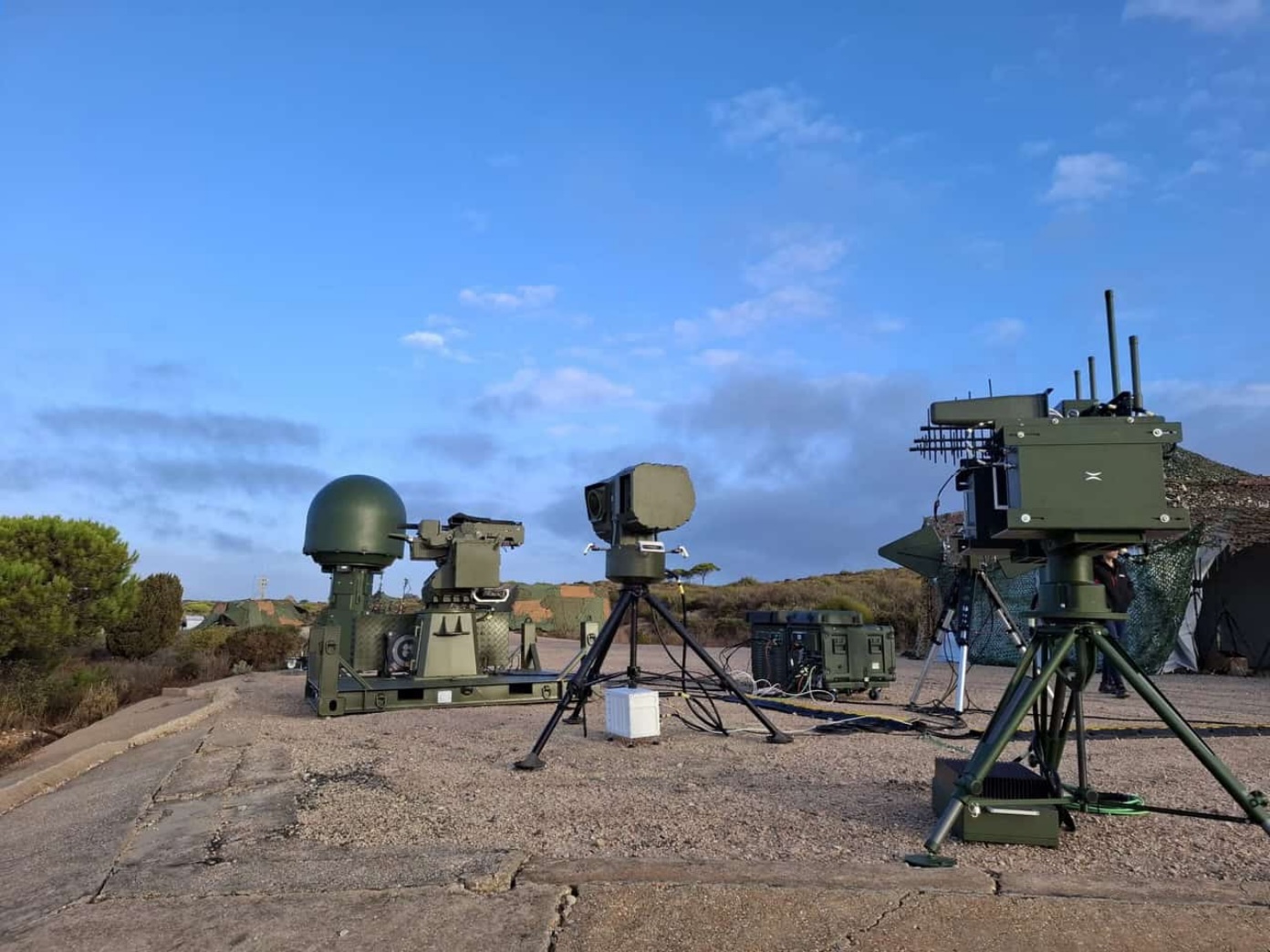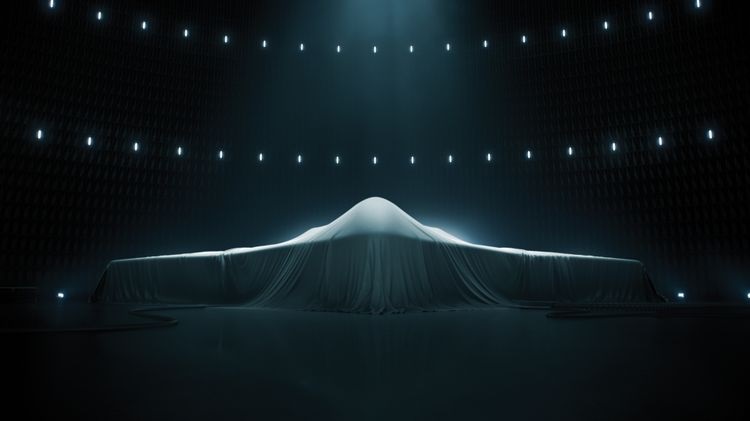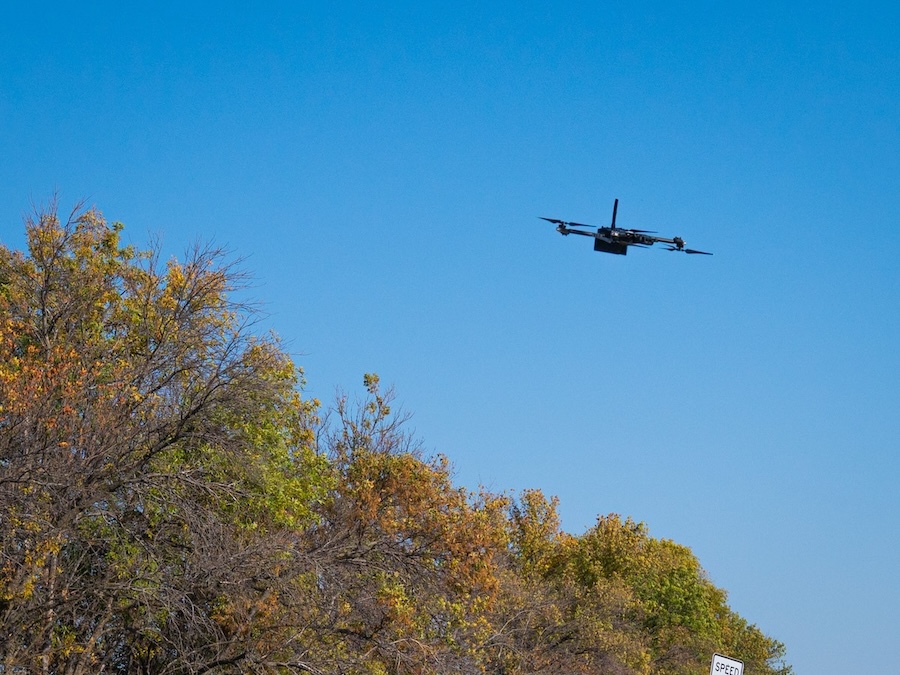Conducted during the CWIX exercise in Poland, the trials tested how rapidly data can be shared and technology integrated among partner nations. The activity falls under the Maritime Big Play programme, which seeks to unify robotic and uncrewed system operations across all three countries.
The trials successfully demonstrated that information from autonomous systems could be collected, processed, and shared across nations using common systems. This capability significantly enhances situational awareness and speeds up decision-making among allied forces.
By ensuring data is sent to the right systems through a shared approach, the AUKUS team improved communication between crewed and uncrewed assets. This progress allows the navies to operate more closely together, increasing their collective strength and operational effectiveness.
The collaboration also enables AUKUS partners to combine expertise and accelerate the development of advanced defence technologies that would be difficult for any one country to achieve alone. Captain Keith Taylor, the Royal Navy’s UK Senior Responsible Owner for Maritime Big Play, said: “As part of AUKUS Pillar 2, Maritime Big Play is helping accelerate the introduction and integration of remote and autonomous systems into our existing forces, offering a game-changing increase to the mass, persistence and lethality of our current capabilities.”
He added: “This experimentation in CWIX will help unlock the ability to seamlessly share data between AUKUS nations, ensuring that as we introduce these new technologies, we remain fully interoperable and able to operate as an effective collaborative force.”
To support this progress, the UK has contracted Nottingham-based company Nexor to continue refining the tested systems. Maritime Big Play will pursue more complex and joint exercises throughout the year, with a focus on integrating trilaterally connected platforms across all operational domains.
Source: Royal Navy.





